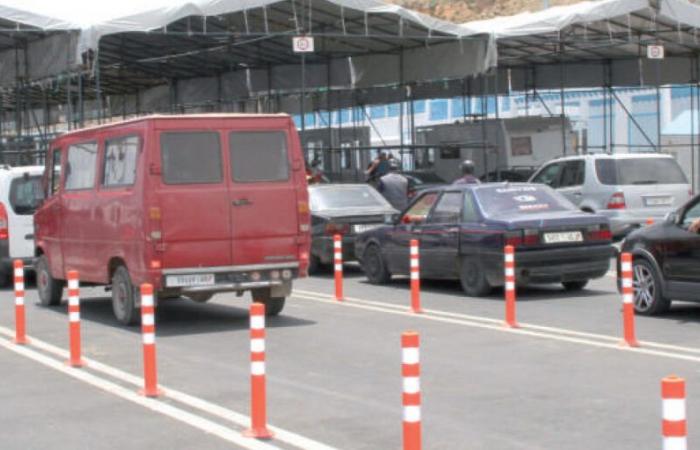After years of negotiations, Spain and Morocco are on the verge of formalizing the opening of customs posts in the enclaves of Sebta and Melilia. However, these commercial customs will be far from returning to their functioning before 2018, with strictly supervised and limited exchanges.
Postponed several times, the reopening of commercial customs in Sebta and Melilia seems to be coming to fruition, according to the local governments of the two cities. The opening of these transit points between Morocco and the Spanish enclaves represents a major turning point in bilateral relations.
Although this project has been in the works for several years, the announcement of its progressive implementation marks a notable step forward. However, the precise contours and complex logistics suggest significant challenges, particularly at Sebta where the launch date remains undetermined.
A project under the sign of prudence
The Spanish authorities, through the declarations of the government delegate in Sebta, Cristina Pérez, called for caution in the face of the information relayed on an imminent opening of commercial customs at the Tarajal border.
“It is crucial that communication remains official to avoid any ambiguity,” Pérez stressed in a statement.
She also insisted on the fact that the establishment of commercial customs in Sebta constitutes a unique logistical challenge, unlike Melilia which already had such an infrastructure before its closure in 2018.
“The implementation involves two nations strengthening their historic cooperation and mobilizing numerous ministries,” she said.
A progressive and supervised process
In Melilia, where a commercial customs office existed before its closure in 2018, the reopening is part of a gradual normalization strategy. Only one truck, without a trailer, will be able to cross each day in each direction, carrying strictly defined goods, such as fruit, vegetables, fish, cleaning products or electronic devices.
For Sebta, where commercial customs has never existed, the task is more complex. Pérez recalled that opening requires suitable systems and rigorous controls to guarantee the full normalization of exchanges of people and goods, in accordance with the commitments made by the President of the Spanish Government, Pedro Sánchez.
For her part, Sabrina Moh, delegate of the Spanish government in Melilia, insisted on the progressive nature of this reopening. “We have been working since 2018 to reopen these customs with all the necessary guarantees,” she said, while emphasizing the desire to modernize trade.
The objective is full normalization of cross-border flows, but according to her, this process will go through well-defined stages. This initiative is part of a broader context of rapprochement between Rabat and Madrid. The two countries are working together to finalize a balanced agreement, guaranteeing regulated trade while respecting historical and political sensitivities.
Furthermore, the government delegate insisted on the need to demonstrate “patience”, recalling that coordination between the two countries is essential to overcome logistical challenges. She also praised the “excellent working climate” between the two countries.
Faiza Rhoul






